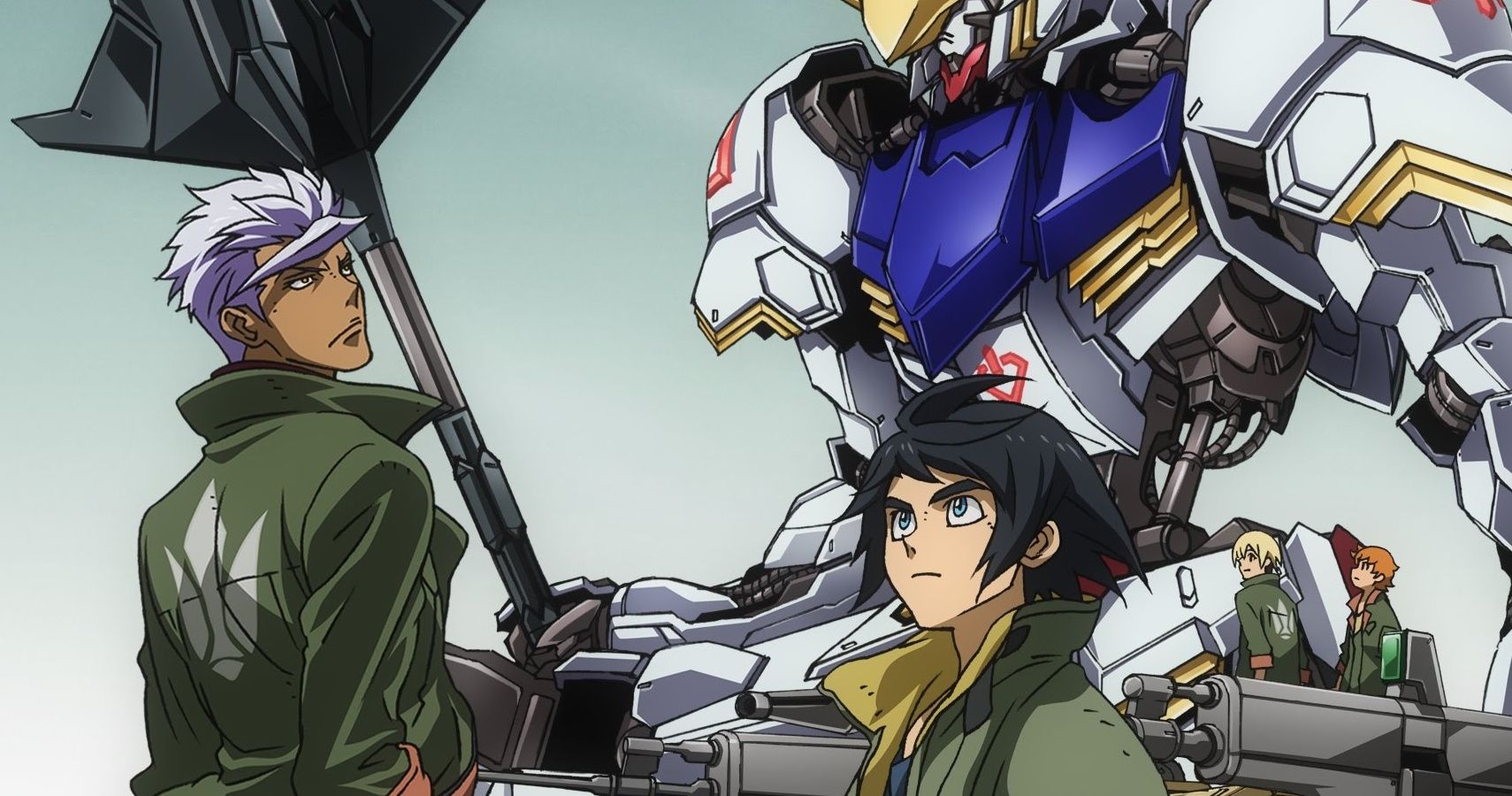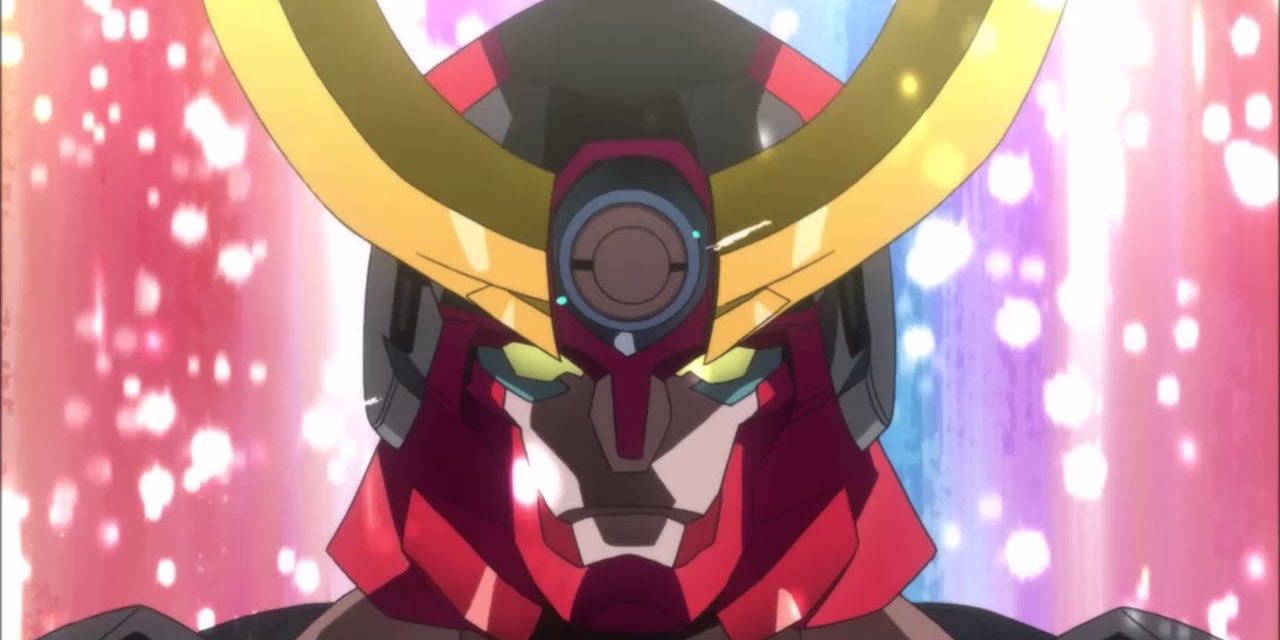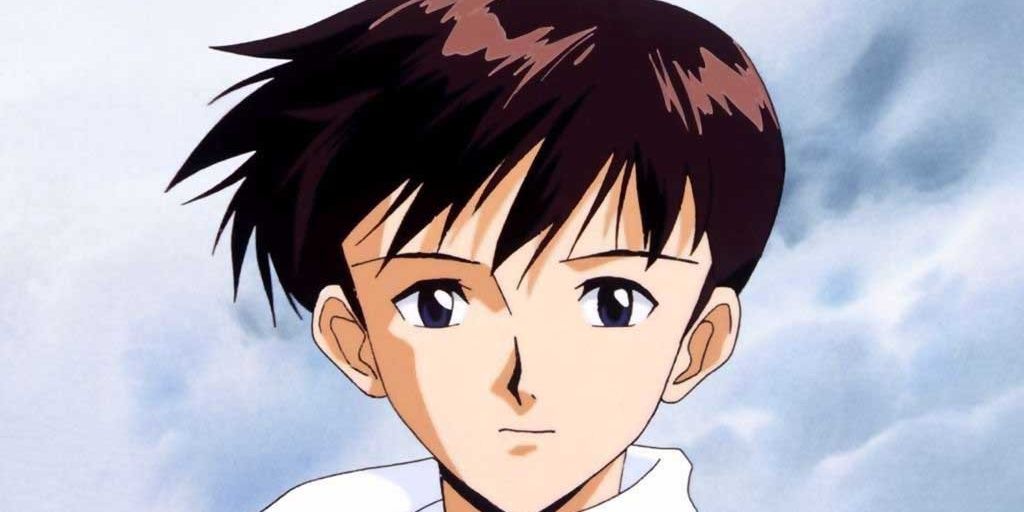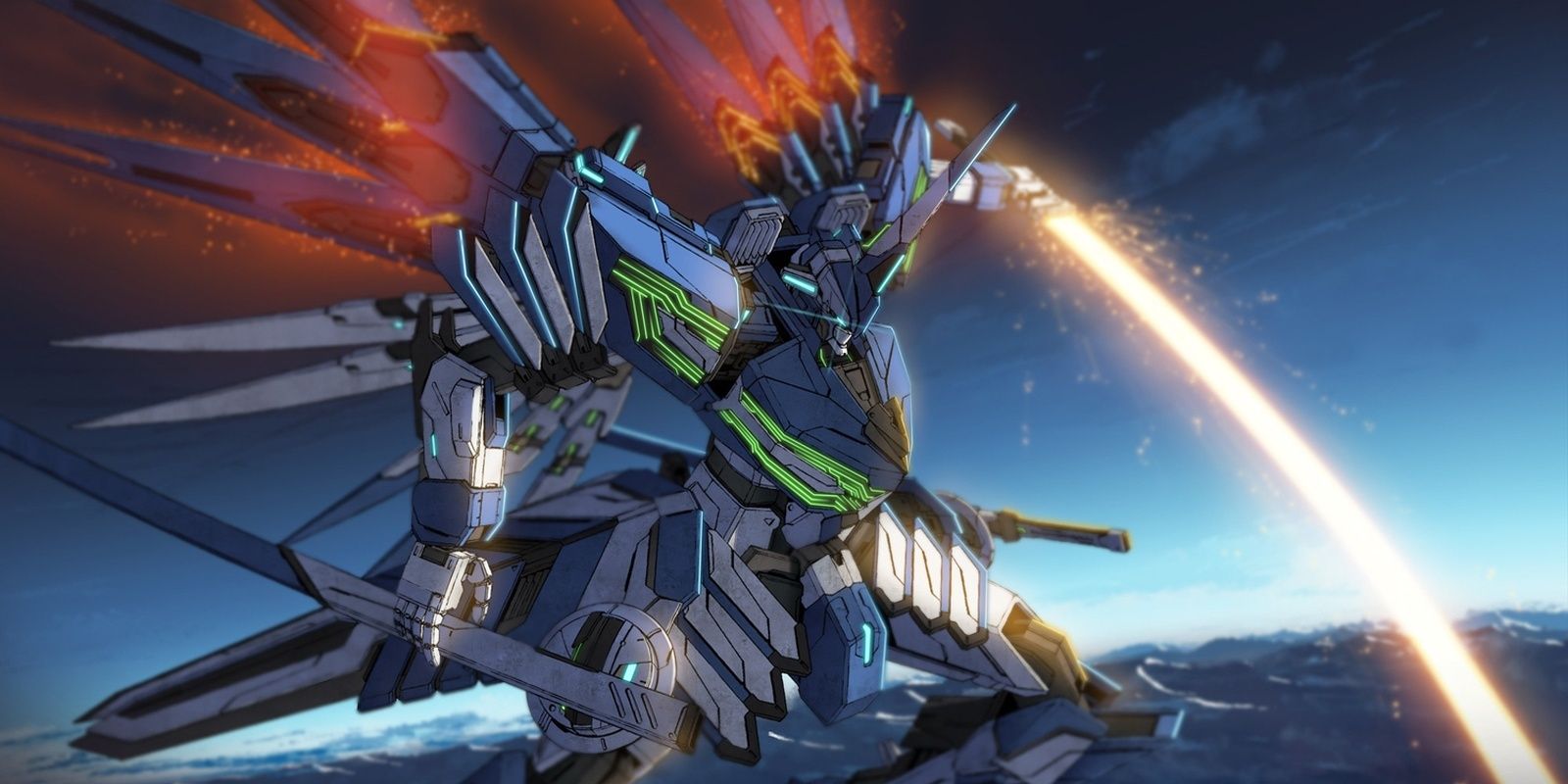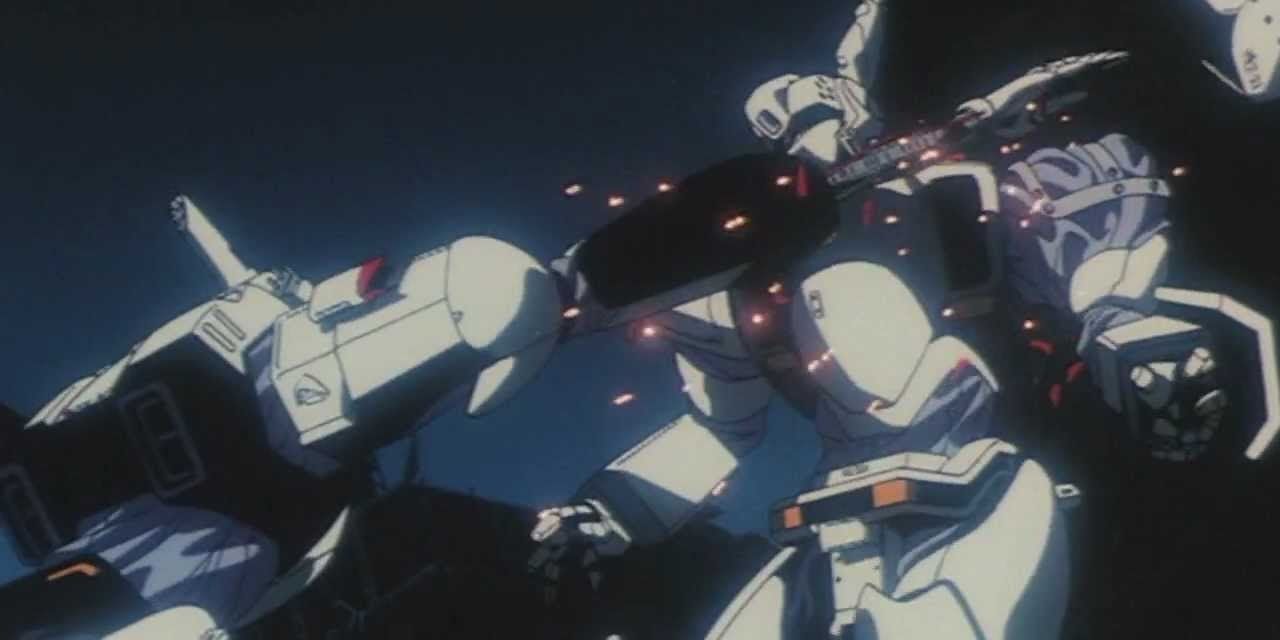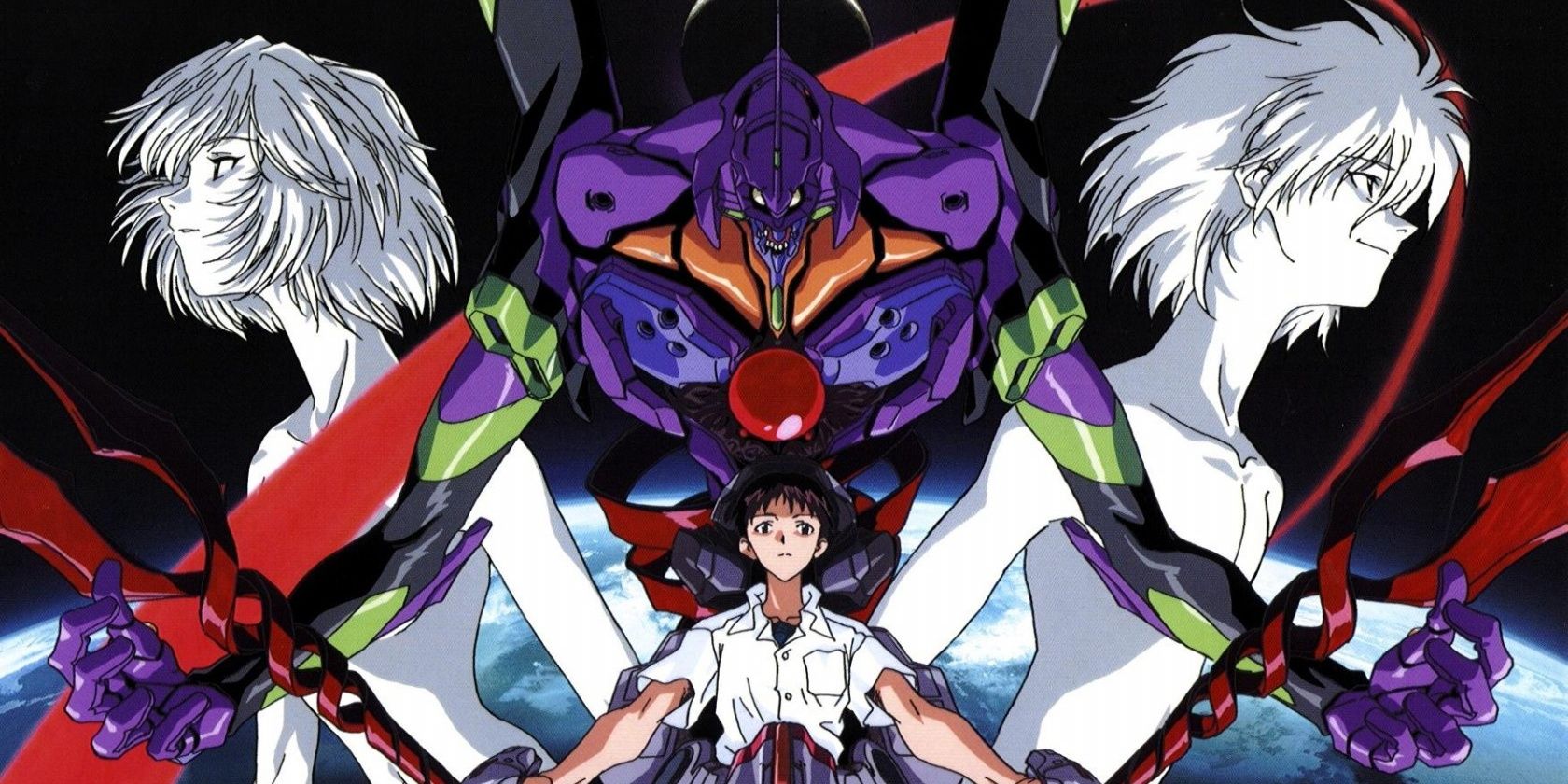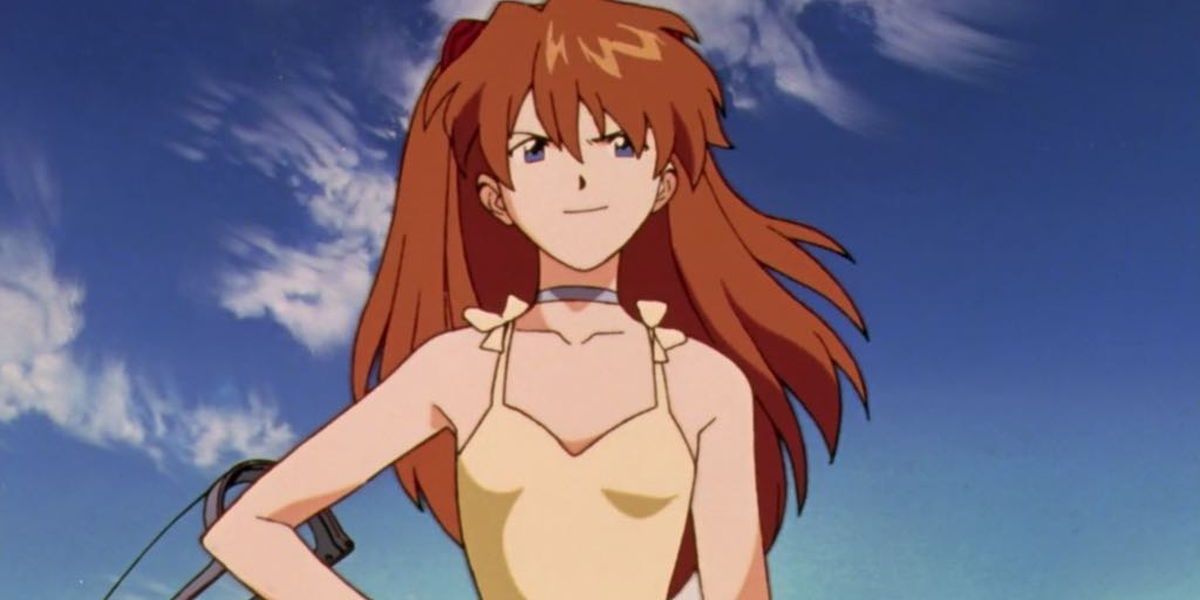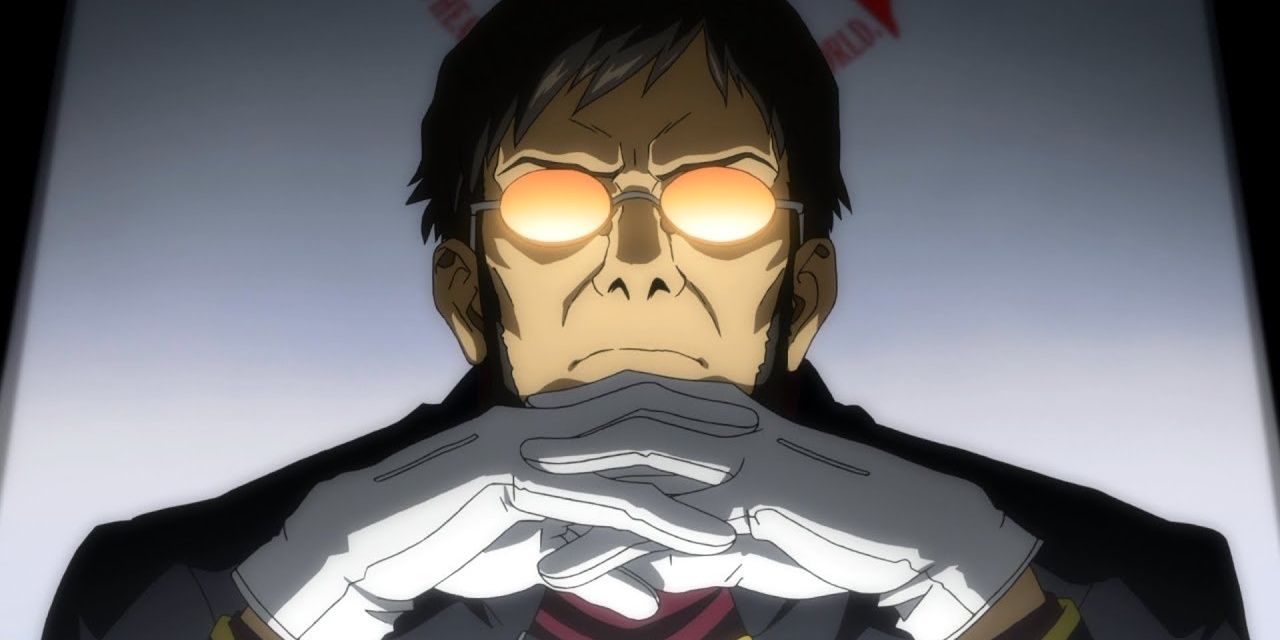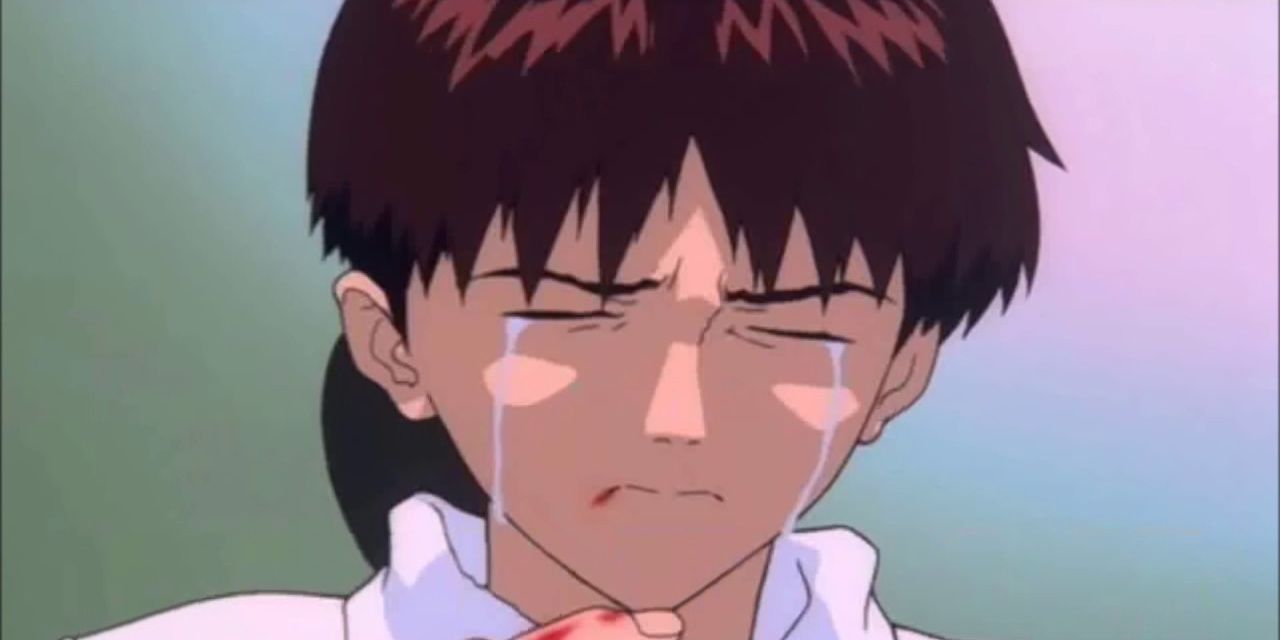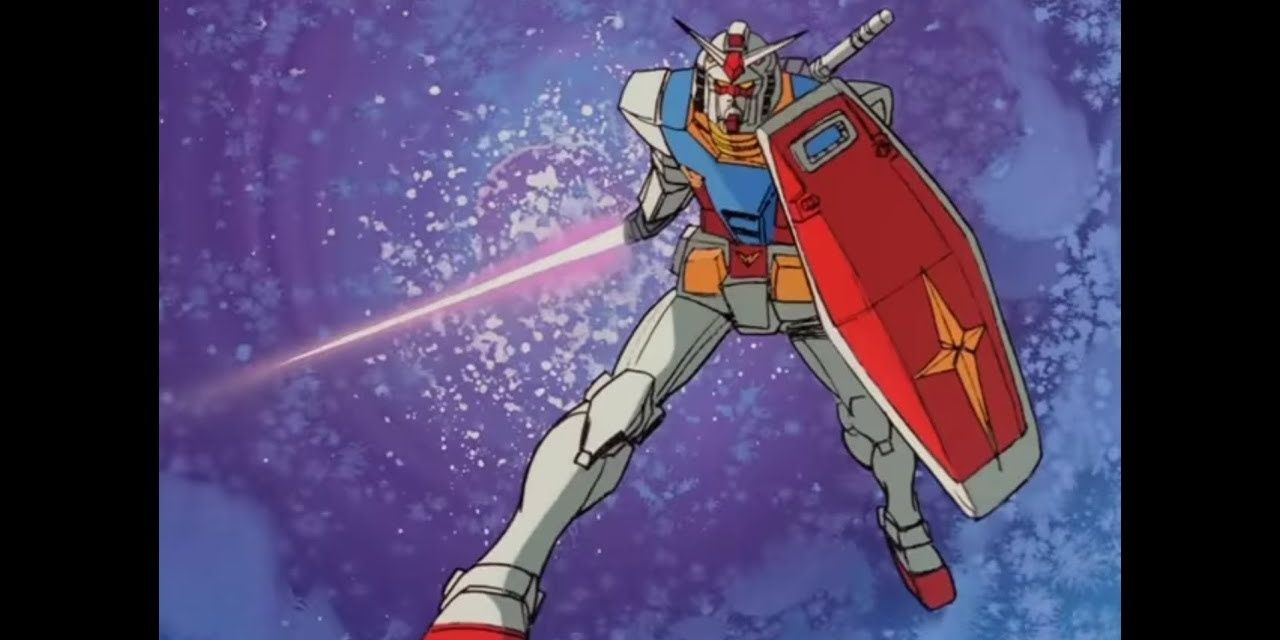Mecha anime has been around for a long while, from big hits like Mobile Suit Gundam and Zoids to cult-classics that are super well-respected in our modern day like Neon Genesis Evangelion. The only thing about the genre is that it's absolutely full of tropes, some of which we love and some of which we could absolutely do without.
While a certain amount of tropes are necessary to define a work, there's also a huge risk of running into so many that the anime you're watching just feels way cliche and a little derivative of the greats, instead of being unique. Let's take a look at some of the things that make Mecha anime great, and some of the things we'd rather just put to rest.
10 Not Going Anywhere: Ridiculously Sized Robots
One of the best things about Mecha anime is that they almost always feature larger than life super robots who are capable of destroying the whole planet or at the very least entire towns if they aren't able to do their jobs correctly. This not only helps to raise the stakes, but it makes the fights a lot cooler too. Seeing a big robot get punched so hard that he knocks down a skyscraper on impact is always a good time for the viewer, and we really hope this trope sticks around. One anime that does a really interesting thing with this trope is Gurren Lagann, specifically when we see that there are mechs that are so ridiculously huge they're using entire galaxies as projectiles.
9 Disappear: The Protag Who Has No Clue What He's Doing
One of the most common (and most frustrating) tropes in all of the Mecha anime world is that there are tons and tons of anime where there's some random kid/teen/adult who waltzes in basically out of nowhere only because of a family relation to someone working on the mechs, because he has high test scores, or some other half-baked reason that he's the absolute most perfect person for getting the job done. Not only does this feel lazy since pretty much everyone else does it, but it's also completely unrealistic because there must be people who have been trained by the military to do a much better job than someone who's right out of high school, or sometimes still in high school. Neon Genesis Evangelion gets a pass on this one since it's a deconstruction of the genre, but it's more or less the only anime that can get away with it.
8 Not Going Anywhere: Super-Weapons
Thank goodness this trope is really well-established, and most likely won't be going anywhere for ages to come. Along with absolutely monstrously sized robots, you absolutely have to have ridiculously sized super-weapons. Whether that's some sort of light blade or a really big laser gun, you absolutely have to make sure that your giant robots are outfitted with appropriately cool weapons.
While sometimes this is hard to do if you're trying to make a giant robot show that's based on realistic science, you could also just maybe let it be fiction and give the giant robot a proton sniper rifle or something.
7 Disappear: Real Robot
While some people (understandably) like this genre of Mecha anime, we could probably do without hyper-realistic takes on stories about extremely unlikely scenarios like entire wars being fought by robots the size of the Empire State building. As fun as it must be for writers to do their best to make sure that most of their science is sound and that the robots are engineered in a realistic way, there's something that feels pretty limiting about making everything as true to life as possible. There's always the question of why they wouldn't be fighting with tanks, planes, and ships instead of giant humanoid mechs if you go this way, so it's easier and less constraining to just let things flow as sci-fi, since that's essentially what mecha anime is.
6 Not Going Anywhere: Gigantic Robots, Gigantic Stakes
One of the things about making your robots absolutely ridiculous in scale is that this allows you to make the stakes just as ludicrously high. While at first it seems like raising stakes like that might be really stressful and not enjoyable to watch, there's also the fact that the more people are in danger, the better the payoff is when the good guys inevitably win. When anything your protagonist does could potentially kill more friendly citizens than the enemy intended to, you also need to make sure that the person piloting the mech or remote controlling it from afar knows what they're doing, which also makes the viewers like the protagonist more. Oh, and there's still something ridiculously cool about seeing an enemy swing a national landmark at our hero.
5 Disappear: Arrogant Protagonists
An issue that a lot of genres of anime seem to have, and not just the mecha genre is protagonists that are really overly cocky. While this can be charming occasionally if it's done in the right way, it often just gets annoying. There's nothing likable about a protagonist who decides that he/she (but usually he) knows exactly what he's doing despite constant claims to the contrary by both the team of mech fighters that's supporting him and the people giving him commands from above.
Along with this trope, we often see that everything magically works out for this type of protagonist despite the fact that there's realistically no reason for his solution to have been the one that worked.
4 Not Going Anywhere: Personality Clashes
This isn't a trope specific to Mecha anime, or even anime as a whole really, but something that pops up in a lot of anime that does well is that there's rich characterization and relationships formed between all of the characters in the show. While they may not be as deep as those in a drama or a slice of life anime, they still add a little bit of flavor and break up the endless fighting that we see in these types of shows. This not only adds a nice sense of levity to the show, but it also helps us connect to the characters more deeply and see that they're not just there purely for the sake of "GETTING IN THE ROBOT".
3 Disappear: Generic Fighting Robot Stories
Something that happens a lot is that the genre tends to get fairly homogeneous if the writers and directors aren't taking risks, or introducing some of the tropes that we see a lot less often. While it's easier to stick to the basics than it is to go out on a limb and take a risk that could end in failure, the higher the risk is, the higher the reward is. These kinds of risks can mean the difference between innovation and stagnation in a genre, which means that outright avoiding them and standing on the shoulders of giants in the Mecha genre can end up with the show feeling stale.
2 Not Going Anywhere: Internal Struggle
A trope that was really meaningfully exploited in Neon Genesis Evangelion is the mechanic of inner struggle. While yes, you are watching a show about giant robots that fight, that doesn't mean that there can't be room for genuine conflict within your protagonist or even your antagonist. Watching characters have some sort of realization about themselves is always rewarding for an audience, especially when the audience has noticed these traits in the character for most of the show. This kind of trope creates a cool type of dramatic irony that makes the main character more compelling.
1 Disappear: Overloaded Plot
Another issue with Mecha anime that happens pretty frequently is that the main action of the story becomes completely overshadowed by the fact that there are so many struggles happening between characters, within one of the characters itself, or even in the main story just becoming entirely too convoluted to follow. While a mech has tons of moving parts inside, an over-abundance of moving parts inside an anime can make it feel crowded and like the writers were just throwing stuff at the wall to see what sticks.

